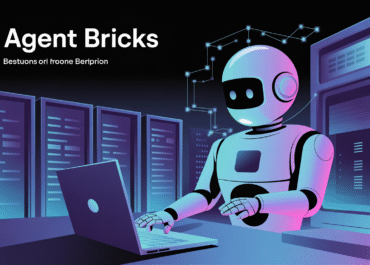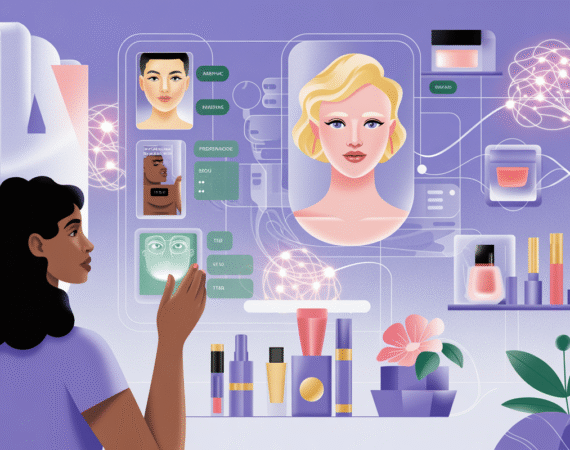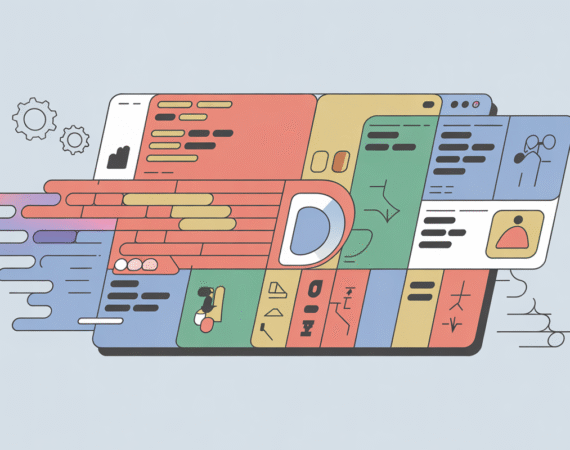The Social and Cultural Impact of Artificial Intelligence
Artificial Intelligence (AI) has rapidly transitioned from science fiction to an omnipresent force, seamlessly integrating into various facets of our daily lives. Its influence extends far beyond mere technological advancement, fundamentally reshaping how we interact, relate, and perceive our cultures. This transformative power presents a complex duality: a beacon of progress offering unprecedented opportunities, yet simultaneously a source of significant ethical and social challenges that demand our immediate attention.
Opportunities for a Better Society
AI’s potential to foster positive societal and cultural change is immense. By analyzing vast datasets, AI can help identify and address systemic inequalities, from optimizing resource allocation in underserved communities to personalizing education for diverse learning needs. In the realm of culture, AI-powered tools are breaking down barriers, offering sophisticated language translation that enhances cross-cultural communication and understanding. Moreover, AI can help preserve endangered languages and traditions by digitizing and analyzing cultural artifacts, thereby enriching our collective heritage. Its capacity to automate mundane tasks can also free up human creativity and foster new forms of artistic expression and social interaction.
Navigating the Challenges and Ethical Dilemmas
Despite its promise, the rapid deployment of AI is not without its perils. One of the most pressing concerns is the automation and amplification of misinformation and disinformation, which can destabilize societies and erode trust. Inherent biases embedded within training data can perpetuate and even exacerbate societal prejudices, leading to discriminatory outcomes in areas like employment, credit, and justice. The rise of AI also sparks concerns over job displacement, as automation could render many traditional roles obsolete, necessitating proactive strategies for workforce retraining and social safety nets.
Furthermore, the increasing reliance on AI for communication and decision-making risks the erosion of genuine human connection and empathy. Deepfakes and highly realistic AI-generated content blur the lines between reality and simulation, posing challenges to truth and authenticity. Ethical considerations surrounding privacy, surveillance, and accountability in AI decision-making are paramount, demanding robust regulatory frameworks and public discourse.
As AI continues its trajectory, its profound impact on our social fabric and cultural identity will only intensify. Harnessing its benefits while mitigating its risks requires a concerted global effort involving policymakers, technologists, ethicists, and the public. By fostering responsible development, promoting digital literacy, and prioritizing human-centric values, we can steer AI towards a future where it serves to uplift humanity and enrich our diverse cultural tapestry, rather than diminish it.


